Home

PCOS & PCOD

PCOS Supplements: A Comprehensive Guide to Choosing the Right Solutions
In this Article
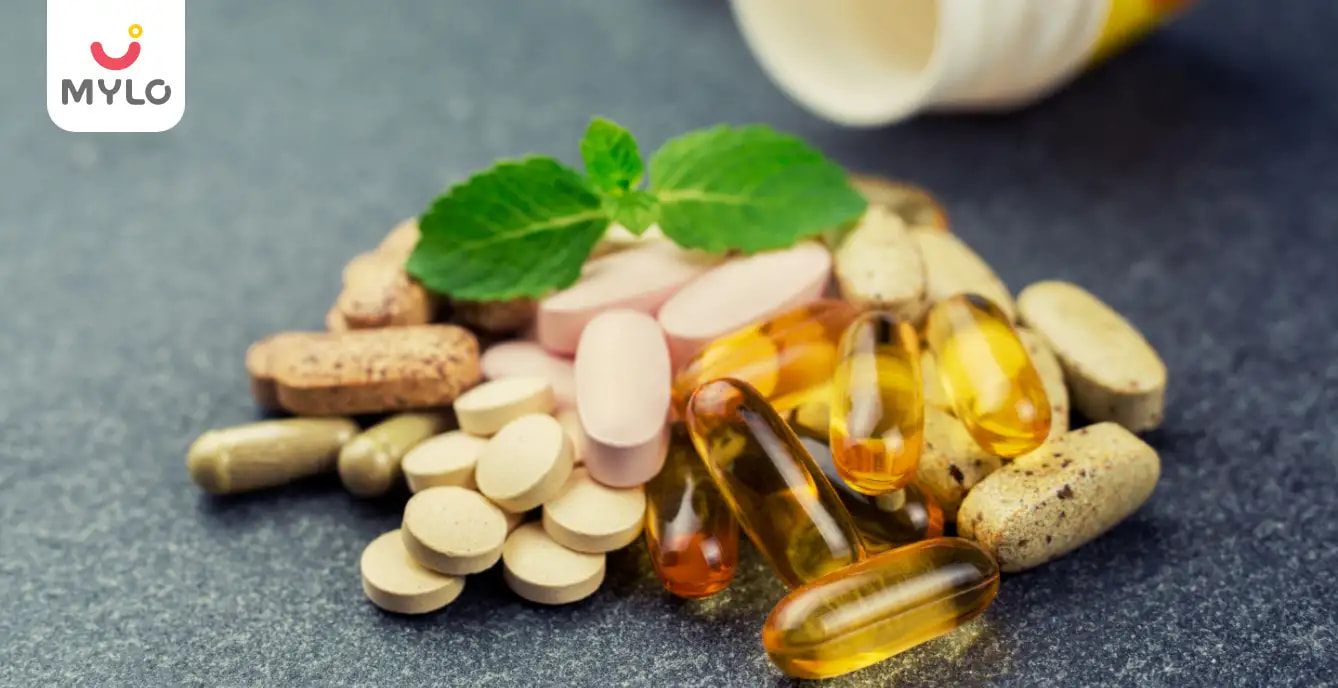
PCOS & PCOD
PCOS Supplements: A Comprehensive Guide to Choosing the Right Solutions
Updated on 31 August 2023



Medically Reviewed by
Dr. Shruti Tanwar
C-section & gynae problems - MBBS| MS (OBS & Gynae)
View Profile

Polycystic Ovary Syndrome (PCOS) is a common hormonal disorder affecting women of reproductive age. It is characterized by hormonal imbalances, irregular menstrual cycles, and the development of small cysts on the ovaries. While PCOS cannot be cured, its symptoms can be managed effectively with the help of proper treatment and lifestyle changes. One such approach is the use of PCOS supplements, which can play a significant role in managing symptoms and improving overall health.
What is the Role of Supplements in Managing PCOS?
Supplements for PCOS are designed to address specific deficiencies and imbalances in the body. They can provide the necessary nutrients and support to regulate hormone levels, promote ovulation, reduce insulin resistance, and manage weight. These supplements typically contain a combination of vitamins, minerals, herbal extracts, and other bioactive compounds that have been scientifically proven to have beneficial effects on PCOS symptoms.
When used in conjunction with a healthy diet and regular exercise, supplements can help alleviate symptoms such as irregular periods, acne, hair loss, and weight gain. They can also improve fertility outcomes and reduce the risk of long-term complications associated with PCOS, such as diabetes and heart disease. However, it is important to note that supplements should not be used as a substitute for medical treatment or prescribed medications. They should be taken under the guidance of a healthcare professional who specializes in PCOS management.
How to Choose the Best Supplements for PCOS?
With the multitude of supplements available in the market, choosing the right ones for PCOS can be overwhelming. Here are some factors to consider when selecting the supplements for PCOS:
1. Consult with a healthcare professional
Before starting any new supplement regimen, it is crucial to consult with a healthcare professional who is knowledgeable about PCOS. They can assess your specific needs, identify any deficiencies or imbalances, and recommend the most suitable supplements for your condition.
2. Look for evidence-based ingredients
When choosing PCOS supplements, opt for those that contain ingredients with scientific evidence supporting their effectiveness. Look for ingredients such as inositol, N-acetyl cysteine (NAC), omega-3 fatty acids, and chromium, which have been shown to have positive effects on PCOS symptoms.
3. Consider your specific symptoms
PCOS symptoms can vary from person to person. Consider your specific symptoms and choose supplements that target those areas. For example, if you are struggling with weight management, look for PCOS weight loss supplements, such as those containing green tea extract or conjugated linoleic acid (CLA).
4. Quality and safety
Ensure that the supplements you choose are of high quality and manufactured by reputable companies. Look for third-party certifications, such as Good Manufacturing Practices (GMP), to ensure that the products meet the highest standards of quality and safety.
5. Start with a single supplement
It is advisable to start with a single supplement and monitor its effects on your body before adding more to your regimen. This will help you identify any potential side effects or interactions with other medications.
By considering these factors and working closely with a healthcare professional, you can choose the best supplements for PCOS that are tailored to your specific needs and goals.
You may also like : Metformin for PCOS: How This Medication Can Help Regulate Hormonal Imbalances
10 Most Effective PCOS Supplements
Here are some dietary supplements that have been proven to be beneficial for women with PCOS:
1. Inositol
Inositol is a naturally occurring compound that plays a crucial role in insulin signaling and ovarian function. It has been shown to improve insulin sensitivity, regulate menstrual cycles, and promote ovulation in women with PCOS. Inositol supplement for PCOS is available in two forms: myo-inositol and d-chiro-inositol. Both forms have been found to be effective in managing PCOS symptoms.
If you're looking for a valuable addition to your PCOS arsenal, a great option to try is Mylo's chewable Myo-inositol tablets. These internationally certified tablets are enriched with quatrefolic and vitamin D, offering a comprehensive solution for restoring and maintaining hormonal balance. These tablets help regulate the menstrual cycle, control insulin resistance, improve fertility, aid in weight management, and combat acne.
Read More About : Myo-Inositol
2. N-acetyl cysteine (NAC)
NAC is an antioxidant that helps reduce oxidative stress and inflammation in the body. It has been shown to improve insulin resistance, regulate menstrual cycles, and improve fertility outcomes in women with PCOS. NAC supplements are commonly used in conjunction with inositol for optimal results.
3. Omega-3 fatty acids
Omega-3 fatty acids, such as EPA and DHA, have been found to have anti-inflammatory effects and can help reduce insulin resistance and regulate menstrual cycles in women with PCOS. They are commonly found in fish oil supplements and can also be obtained through the consumption of fatty fish like salmon and mackerel.
4. Chromium
Chromium is a trace mineral that plays a crucial role in glucose metabolism. It can help improve insulin sensitivity and regulate blood sugar levels in women with PCOS. Chromium supplements are available in various forms, such as chromium picolinate or chromium polynicotinate.
5. Vitamin D
Vitamin D deficiency is common in women with PCOS and has been associated with insulin resistance and hormonal imbalances. Supplementing with vitamin D can help improve insulin sensitivity and regulate menstrual cycles. It is advisable to get your vitamin D levels tested before starting supplementation.
6. Berberine
Berberine is a bioactive compound extracted from various plants and has been shown to have beneficial effects on insulin resistance, weight management, and menstrual regularity in women with PCOS. It works by activating an enzyme called AMP-activated protein kinase (AMPK), which regulates energy metabolism.
7. Green tea extract
Green tea extract contains catechins, which are powerful antioxidants that have been found to have anti-inflammatory and insulin-sensitizing effects. Green tea extract supplements are among the best supplements for PCOS weight loss and can help reduce insulin resistance and improve metabolic markers.
8. Cinnamon
Cinnamon is a spice that has been used for centuries for its medicinal properties. It has been shown to improve insulin sensitivity, regulate menstrual cycles, and reduce inflammation in women with PCOS. Cinnamon can be consumed as a spice in cooking or taken as a supplement.
9. Saw palmetto
Saw palmetto is a herbal extract derived from the berries of the saw palmetto plant. It has anti-androgenic properties, meaning it can help reduce the levels of male hormones like testosterone in women with PCOS. Saw palmetto supplements are commonly used to manage symptoms such as acne and excessive hair growth.
10. Probiotics
Probiotics are beneficial bacteria that can help improve gut health and reduce inflammation in the body. They have been shown to have positive effects on insulin resistance and weight management in women with PCOS. Probiotic supplements containing strains such as Lactobacillus and Bifidobacterium are great PCOS weight loss supplements.
It is important to note that individual responses to supplements may vary, and it is advisable to consult with a healthcare professional before starting any new supplement regimen.
You may also like : How to Get Pregnant with PCOS: The Ultimate Guide for Women
FAQ’s
1. Do PCOS supplements work?
PCOS supplements work by addressing specific deficiencies and imbalances in the body. They can provide the necessary nutrients and support to regulate hormone levels, reduce insulin resistance, and manage weight. The effectiveness can vary depending on individual factors such as the severity of symptoms, underlying hormonal imbalances, and overall health.
2. Which is the best tablet for PCOS in India?
In India, there are several tablets available in the market that are commonly used for the management of PCOS. The best tablet for PCOS include Myo-inositol and metformin.
3. Why is inositol good for PCOS?
Inositol supplement for PCOS has been shown to improve insulin sensitivity, which can help regulate blood sugar levels and reduce the production of androgens (male hormones) that are often elevated in women with PCOS.
The Bottomline
PCOS supplements can be a valuable addition to the management of PCOS symptoms. They can help regulate menstrual cycles, improve insulin sensitivity, promote ovulation, and manage weight. However, it is important to choose supplements that are evidence-based, consult with a healthcare professional, and use them in conjunction with a healthy lifestyle. These supplements can work effectively when used in conjunction with a holistic approach that includes medical treatment, dietary changes, exercise, and stress management.
References
1. Kiani AK, Donato K, Dhuli K, Stuppia L, Bertelli M. (2022). Dietary supplements for polycystic ovary syndrome. J Prev Med Hyg.
2. Günalan E, Yaba A, Yılmaz B. (2018). The effect of nutrient supplementation in the management of polycystic ovary syndrome-associated metabolic dysfunctions: A critical review. J Turk Ger Gynecol Assoc.
3. Arentz S, Smith CA, Abbott J, Bensoussan A. (2017). Nutritional supplements and herbal medicines for women with polycystic ovary syndrome; a systematic review and meta-analysis. BMC Complement Altern Med.





Medically Reviewed by
Dr. Shruti Tanwar
C-section & gynae problems - MBBS| MS (OBS & Gynae)
View Profile


Written by
Anandita Sharma
Drawing on more than a decade of expertise in administration, Anandita Sharma currently serves as a content operations e
Read MoreGet baby's diet chart, and growth tips

Related Articles
Related Questions
Hello frnds..still no pain...doctor said head fix nhi hua hai..bt vagina me pain hai aur back pain bhi... anyone having same issues??

Kon kon c chije aisi hai jo pregnancy mei gas acidity jalan karti hain... Koi btayega plz bcz mujhe aksar khane ke baad hi samagh aata hai ki is chij se gas acidity jalan ho gyi hai. Please share your knowledge

I am 13 week pregnancy. Anyone having Storione-xt tablet. It better to have morning or night ???

Hlo to be moms....i hv a query...in my 9.5 wk i feel body joint pain like in ankle, knee, wrist, shoulder, toes....pain intensity is high...i cnt sleep....what should i do pls help....cn i cosult my doc.

Influenza and boostrix injection kisiko laga hai kya 8 month pregnancy me and q lagta hai ye plz reply me

Related Topics
RECENTLY PUBLISHED ARTICLES
our most recent articles
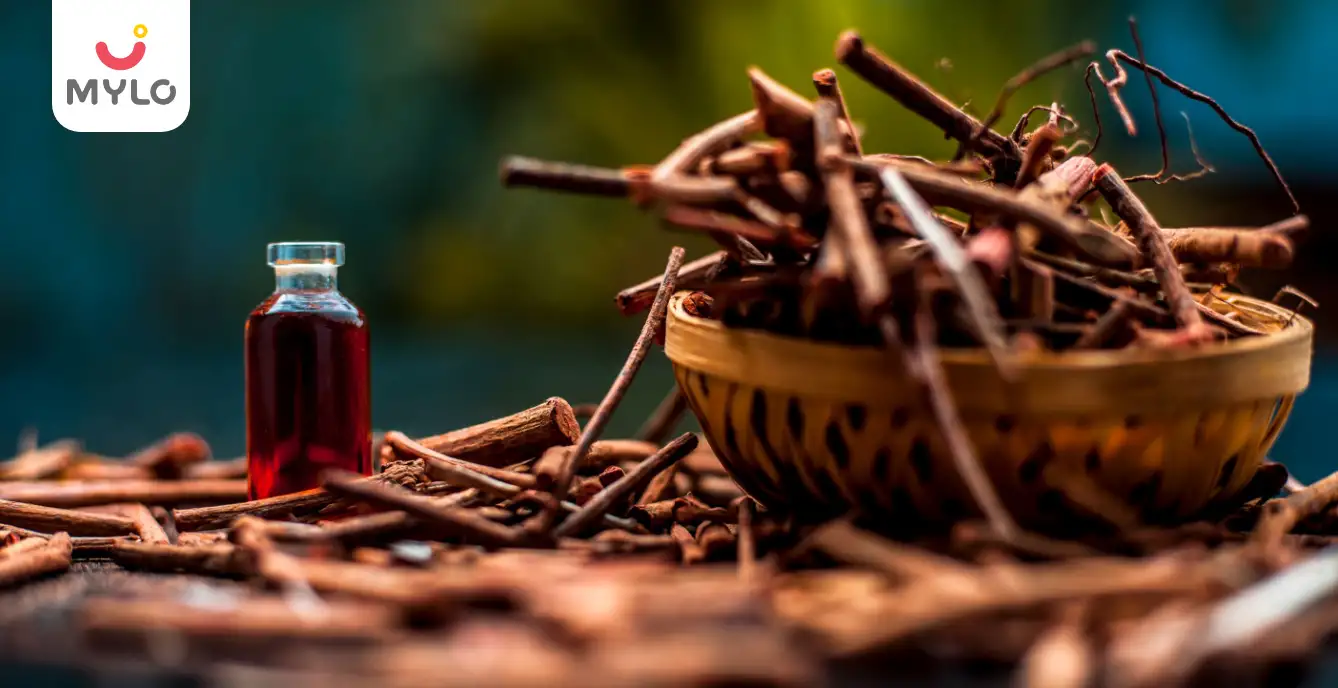
Ayurveda & Homeopathy
Manjistha: Ayurveda's Best-Kept Secret for Health and Beauty
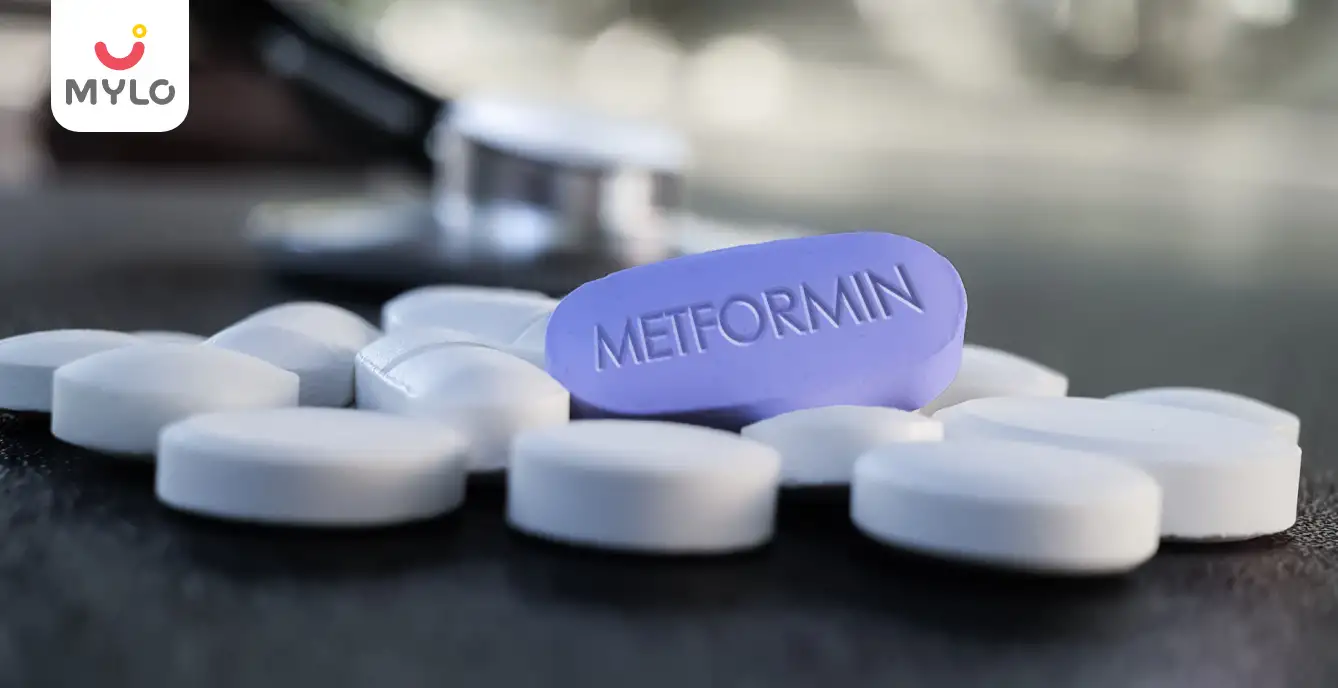
PCOS & PCOD
Metformin for PCOS: How This Medication Can Help Regulate Hormonal Imbalances

Conception
5 Tips on How to Get Pregnant When You Are Fat
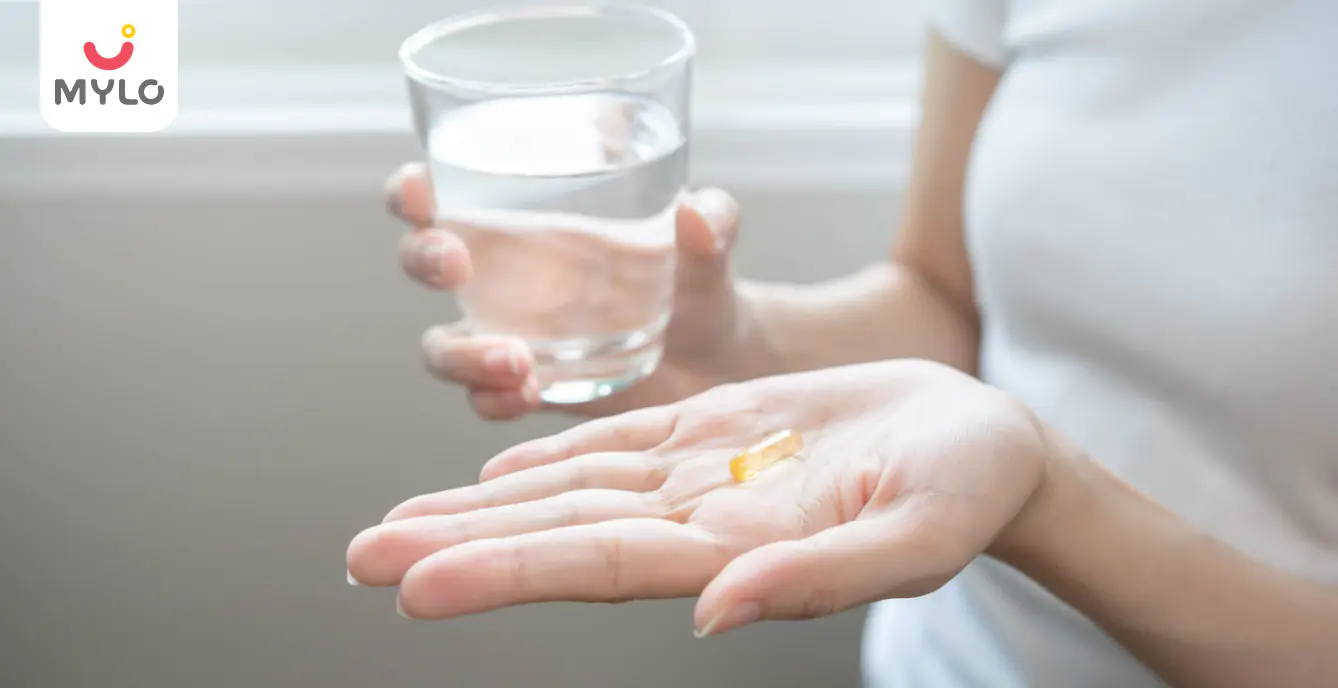
Medications
Do Antibiotics Affect Fertility: Debunking Common Myths and Misconceptions
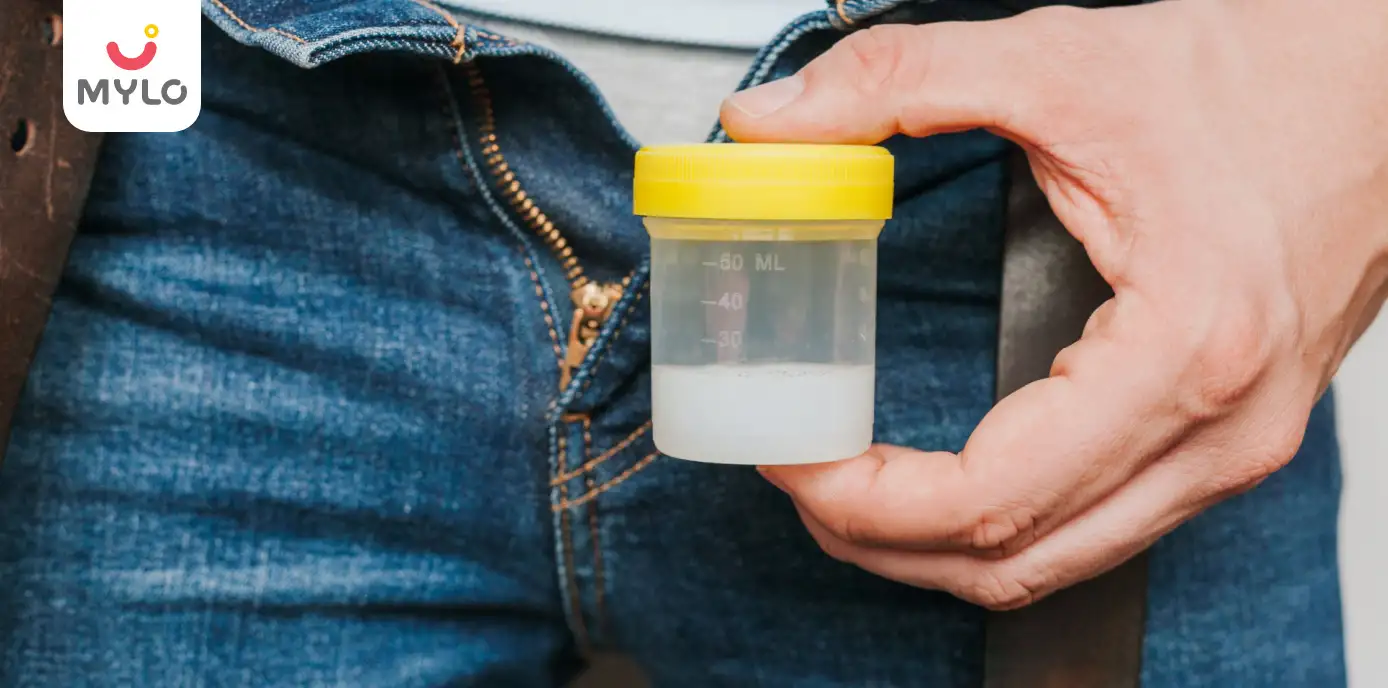
Fertility
Disadvantages of Releasing Sperm Daily: Debunking Common Myths
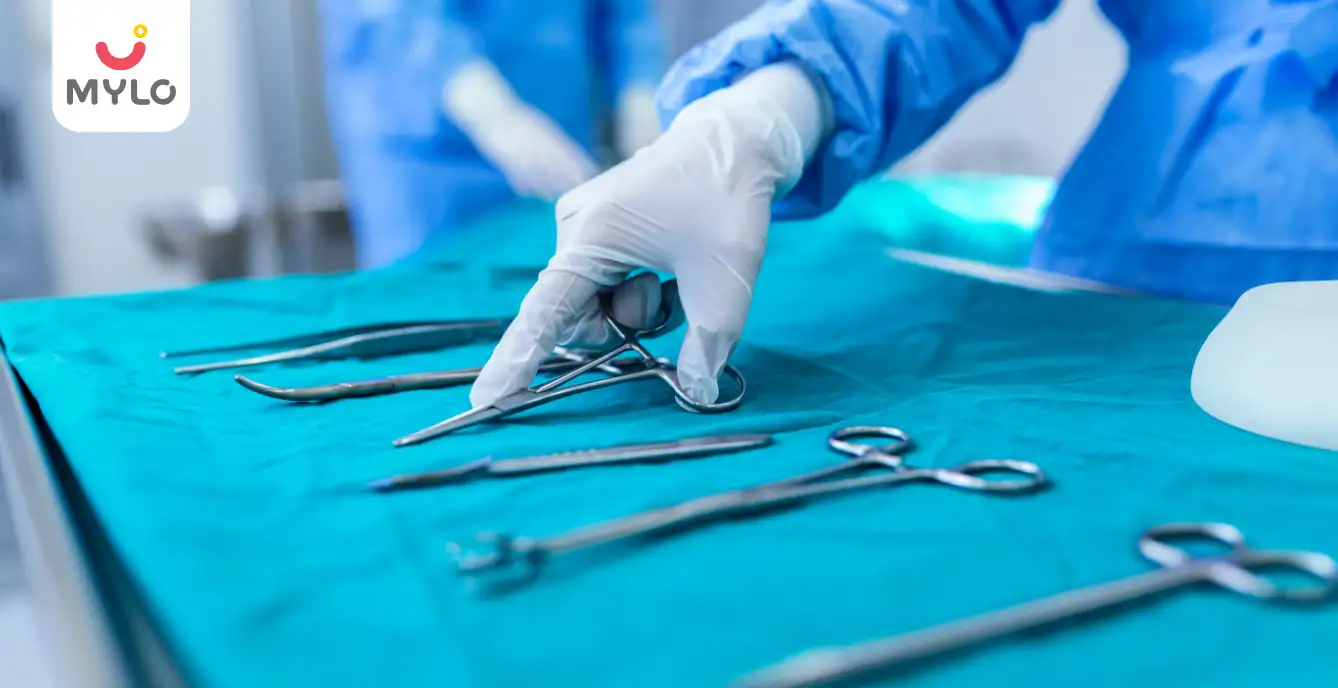
Medical Procedures
Varicocele Surgery Cost: What You Need to Know Before You Go Under the Knife
- Testicular Pain: Don't Ignore, Know When to Seek Medical Attention
- PCOS with Regular Periods: Understanding the Symptoms and Implications
- Bulky Uterus: What You Need to Know About this Common Gynecological Issue
- Mylo Baby Wipes Review
- PCOS Treatment in Ayurveda: The Ultimate Guide to Natural Treatment Options
- PCOS Acne: The Ultimate Guide to Causes, Treatment and Management
- Maggi in Pregnancy: Is It Safe to Enjoy Your Favorite Instant Noodles?
- Oats During Pregnancy: A Winning Combination for Both Mom and Baby
- Types of IVF, Their Benefits and Side Effects Everything You Need to Know..
- How to Sterilize Baby Bottles: The Ultimate Step-by-Step Tutorial
- What to eat when trying to conceive
- White Discharge After IUI: Is It Normal & When to See a Doctor
- Diet & Exercises Your Wife Can Follow During Pregnancy
- Can a diet plan help deal with infertility in women and boost the chances of conception?


AWARDS AND RECOGNITION

Mylo wins Forbes D2C Disruptor award

Mylo wins The Economic Times Promising Brands 2022
AS SEEN IN

- Mylo Care: Effective and science-backed personal care and wellness solutions for a joyful you.
- Mylo Baby: Science-backed, gentle and effective personal care & hygiene range for your little one.
- Mylo Community: Trusted and empathetic community of 10mn+ parents and experts.
Product Categories
baby carrier | baby soap | baby wipes | stretch marks cream | baby cream | baby shampoo | baby massage oil | baby hair oil | stretch marks oil | baby body wash | baby powder | baby lotion | diaper rash cream | newborn diapers | teether | baby kajal | baby diapers | cloth diapers |




